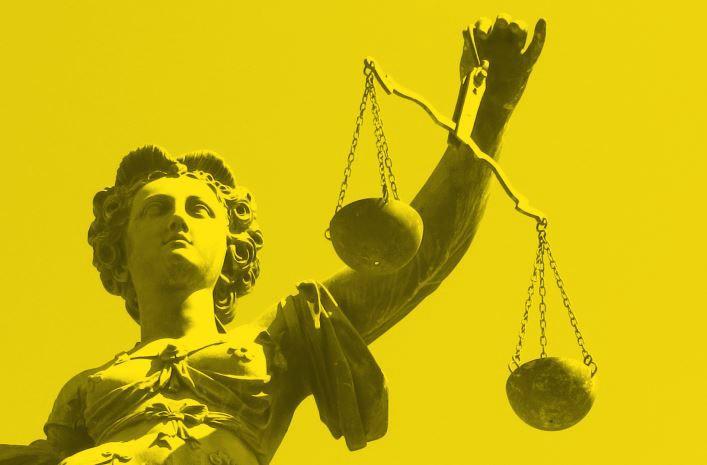California’s district attorneys at odds with voters over criminal justice reform
District attorneys want to keep an outdated system alive.

A new report by the American Civil Liberties Union and the Fair Punishment Project shines a light on elected district attorneys in California who are frequently at odds with their constituents. According to the report, which goes hand in hand with the ACLU’s new ‘Hey, Meet Your DA!’ campaign, these elected officials continue to ignore voters’ desire to rethink law enforcement and the criminal justice system in the Golden State.
According to the report, Californians passed four ballot measures between 2012 and 2016 to make the criminal justice system less harsh. They voted to reform the state’s notorious Three Strikes Law, which imposed mandatory 25-year sentences for three-time felons, no matter what their crimes were. Voters also legalized recreational marijuana, reclassified multiple property and drug offenses as misdemeanors instead of felonies, supported more parole opportunities for prisoners, and empowered judges to decide whether or not kids should be funneled into juvenile or adult courts. But the vast majority of the state’s 58 elected district attorneys opposed the measures; none of the issues on the table received support from more than three of the prosecutors.
The report highlights why this discrepancy between voters’ and district attorneys’ policy positions matters. In California and every other U.S. state, district attorneys are fueling mass incarceration. They decide whether or not a person should be charged for an offense and what those charges should be, which can have a huge impact on possible sentences. In the past year few years, Californians have ultimately voted to reduce the number of people behind bars and reconsider who should be sent there in the first place. And yet district attorneys are overwhelmingly against such an overhaul of the system, favoring tough-on-crime law enforcement over diversion, rehabilitation, and second chances.
“For decades district attorneys and prosecutors have been the primary drivers of America’s devastating mass incarceration problem, operating with little transparency,” Bill Cobb, the deputy director of the ACLU’s Campaign for Smart Justice, said in a press release.
But despite their immense influence on law enforcement and public safety in local communities, district attorneys aren’t typically on the minds of people headed to the voting booth. Unlike police officers patrolling the streets and making arrests every day, district attorneys have minimal contact with the communities they serve. They typically operate behind closed doors and aren’t forthcoming about their decision-making, meaning the hundreds, thousands, and sometimes millions of people under their jurisdiction know very little about who they are and what they do. Voters subsequently don’t realize that these government officials are adamantly opposed to change.
The ACLU hopes its new campaign will help constituents better understand the role that district attorneys play in their respective communities. ‘Hey, Meet Your DA!’ features a profile of every district attorney in California, breaking down when they entered office and their positions on each of the four ballot measures.
“This campaign is important, because it’s imperative that voters in California are equipped with the information and tools they need to effectively engage their district attorneys and know how to hold them accountable for problematic practices and unjust systems,” said Cobb.
Between 2010 and 2015, California’s prison population declined drastically, in large part due to voters supporting the four criminal justice policy proposals. But there are still 131,363 in-state prisoners who are disproportionately Black and Latino and cost the state $75,560 a year — each. For the number of prisoners to continue to fall, California residents can vote for additional policy changes that make the system more fair. But they must also know who their district attorneys are, what these prosecutors stand for, and vote for the candidate who best represents their interests.
